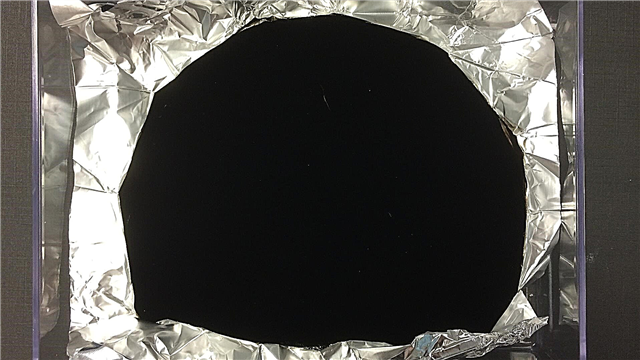
Jellyfish are still considered one of the most unusual inhabitants of not only the oceans, but the entire Earth. But does this rule apply to relatives? Can these creatures sting each other?
Types of stinging cells
Jellyfish sting prey and offenders with the help of stinging cells (cnidocytes) with which their tentacles are equipped. They are disposable and become unusable after use. Because of this, a whole system functions in the creation organism, allowing them to be regenerated in a short period of time. Also for greater safety, during evolution, jellyfish acquired several types of knidocytes:
- poultry cysts - help sea anemones to make holes in the soil;
- loop-shaped cells - have the form of threads and, after a shot, fettered fetters
- adhesive - able to adhere to objects;
- piercing - jellyfish sting the enemy with them, piercing the flesh and injecting poison.
The stinging cells are fired due to the content of divalent calcium ions located at the edges of the cnidocyte. If necessary, calcium penetrates into the cell, creating strong pressure, due to which the contents are released outward at high speed.
Do jellyfish sting each other?

Observations of these creatures showed that jellyfish do no harm to each other. They are able to swim at least a dense ball, while not showing aggression. Scientists have found that stinging cells can hit the target automatically, but in almost all cases, the jellyfish controls this process and decides who to sting.
Interesting fact: if the jellyfish did not control the process of the stinging cells, its tentacles would constantly beat each other when touched.
Jellyfish do not see threats in their brothers, and there is not a single recorded case of cannibalism among them. Due to the fact that there is no need for conflicts, they do not harm each other. Scientists also believe that the outer shell of a jellyfish can be immune to the “bites” that its wearer makes.
Jellyfish do not sting each other, because they do not see danger or food in each other. Also, they cannot do this by accident, since in most cases they control their stinging cells.












